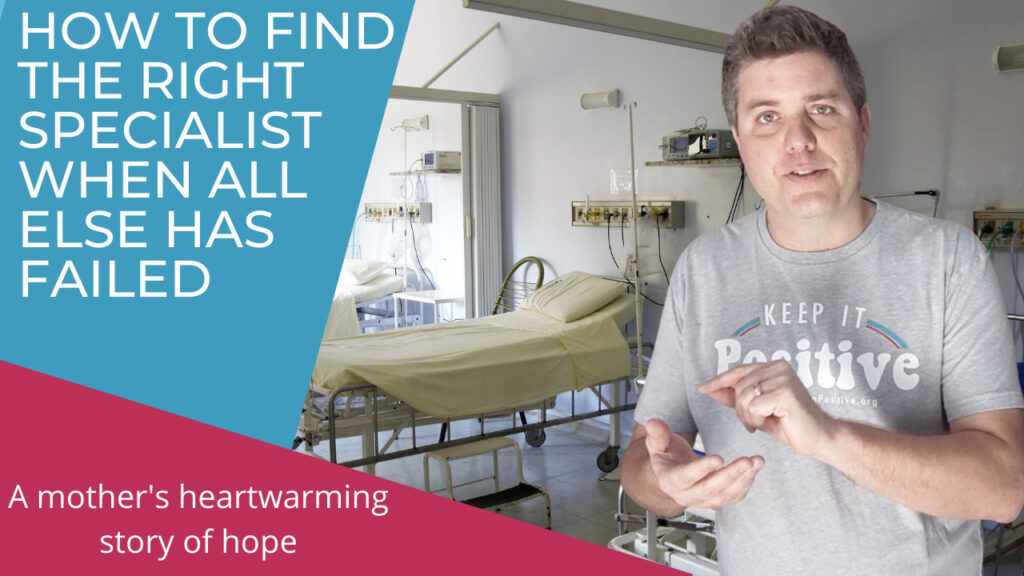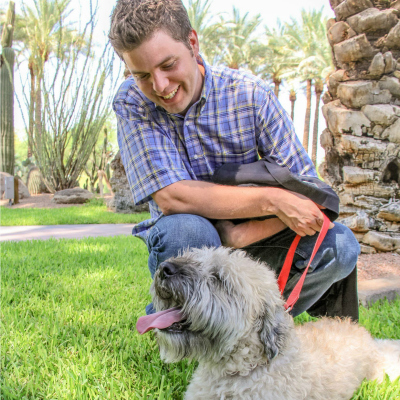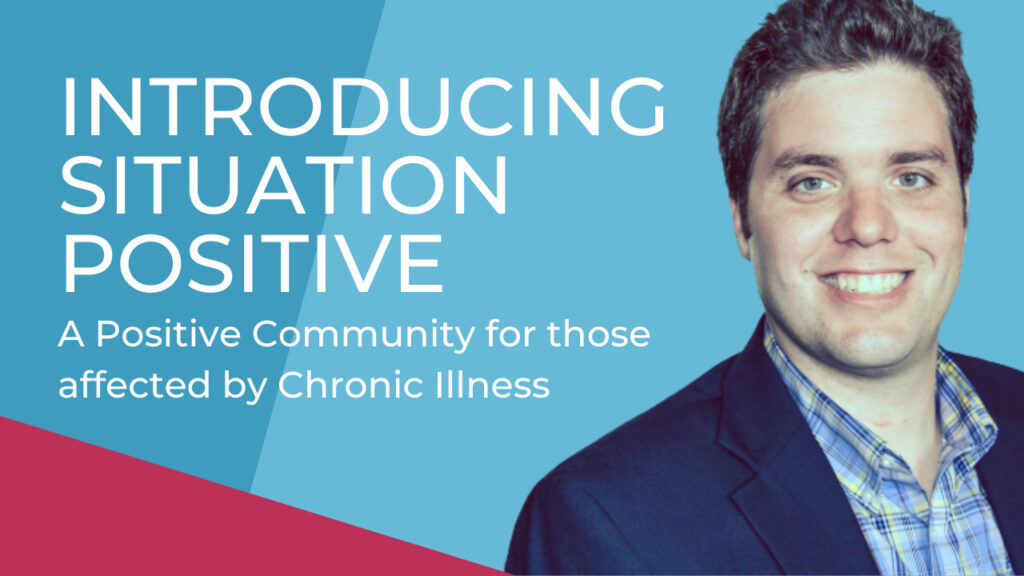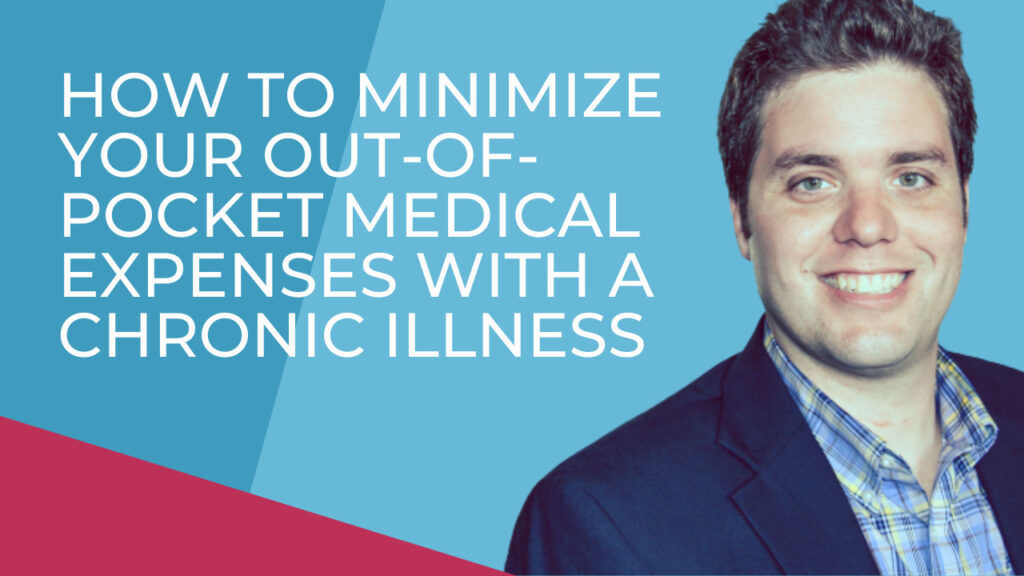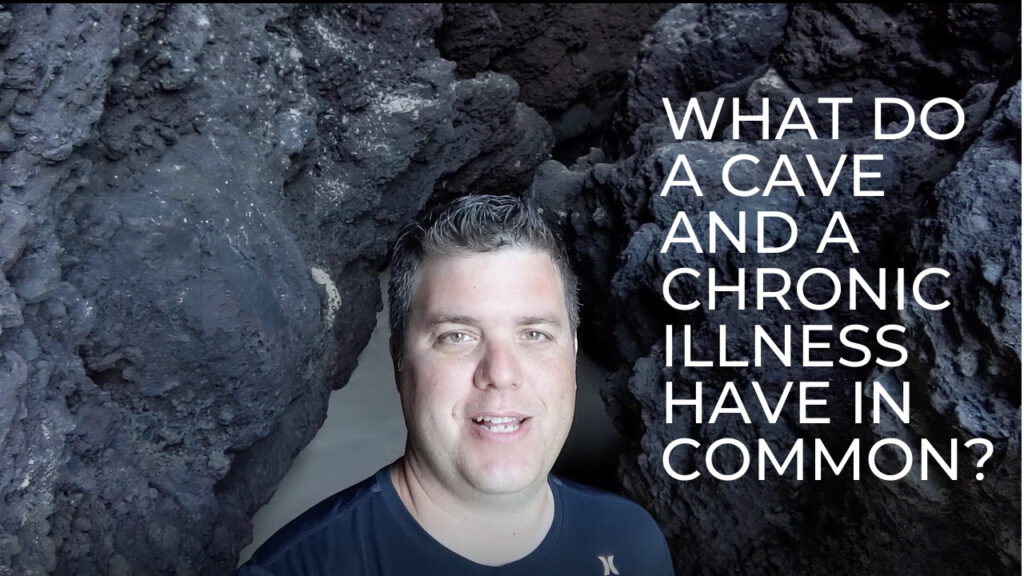Hey everybody, it’s Matt from Situation Positive. Do you believe that people are put in your path for a reason? I know that I do. I want to share with you a story about a chance encounter I had at a salon a couple of weeks ago with a mother, who had lost all hope in finding a rare disease specialist for her daughter.
Now I’ve been going to the same stylist for about the last 12 years or so. And we’re old friends at this point and she fits me in, she’ll have a color appointment and then she’ll fit me in well that color’s processing. And at my last hair appointment, we were just launching the Situation Positive website and all of these videos that we’re doing. So I was telling her all about that and what some of the content that we’ve been discussing here on our channel has been.
And as my haircuts finishing the, the client whose color was processing stopped me. And she was like, Matt, I think that I was here for a reason today. And she started telling me this story about her five-year-old daughter. Now this woman started noticing Issues with her daughter around two years old.
She started noticing that she was delayed with speech delayed with walking all these functional delays and that they weren’t getting better. And so about three or so years ago, she started on this journey to find a diagnosis for her daughter and she was getting emotional. And I was getting pretty emotional too.
She was showing me videos of this beautiful little girl and some of her episodes, she had been to every doctor in town and she just couldn’t get a diagnosis. She couldn’t find that one practitioner that says, hey, I know what this is, and I can help you. As a matter of fact, the door was closing on her everywhere
she went. And like she told me the story about how she went to see a world-renowned epilepsy doctor, a neurologist pediatric neurologist. And that person was like, you know, did some film studies. And I was like, I can’t help you. And she just was dejected. She was telling me she didn’t feel like a good person, that she was letting everybody down.
She’s losing sleep. She was spending all this money on all these appointments and she’s going nowhere. And I said, honestly, you know, it was good that the doctor told you that she couldn’t help you because rather than go all the way through that diagnosis process, just to rule it out, the doctor told you right away that it’s not epilepsy.
Okay. So that means it’s something else. And as I started to talk, she started to listen because what I had been doing while she was talking to me with typing different key words into Google on my phone, I wrote down rare disease neurologic metabolic. Providers and I just started doing this combination of key words.
And as she’s talking, I talked to her a little bit about Phoenix as a town, and you guys may live in a city like Phoenix too. So, you know, Phoenix is not a hub of rare diseases. We have some really good doctors here. Right. And but rare disease specialists, Arizona’s a tourism town, right? So a lot of what we have coming through here is going to be either geared towards the aging population or regular medicine, regular evaluate and treat stuff.
You know, rare diseases tend to be more in medical hubs. And Arizona has wonderful doctors. It’s just not what they see here. So I knew as she was talking to me that she wasn’t going to find what she needed in the local service area. So as I’m Googling stuff, I find this hospital in Washington, DC, that treats children, a pediatric hospital treats children around her daughter’s age for rare metabolic diseases. I found the number of the admissions person, the person that you would call if you want to consult, because this woman had done all her homework, she had all the medical records. She had all the film studies.
She had all the lab work. She had all the doctor’s notes. She had everything she needed. She just needed to be connected with the right person that could understand her daughter’s case. And so I was able to find that for her. And I’ll put on the screen, you know, the, the Google results, but we found we found a provider in Washington, DC, and you know, what’s great about today’s technology?
And zoom and all the things that, that have come out in the past couple of years is that you can be a person living in Arizona and talk to a specialist in Washington, DC, you can have a telemedicine visit, right? You could send all your records there and if they need you to come in, you’d have to fly to do it. But if, if you’re going through a rare disorder and you’re trying to get a diagnosis, I would fly to the end of the earth. You know, and, and when I was first diagnosed with MS, I went to wherever the best MS specialist was. Right. So I knew that if we could find the right provider, we could get this woman and her daughter that peace of mind.
And when I turned around the phone and I showed her. Here’s the, here’s the place, here’s the number I want you to call. Here’s the person I want you to talk to. She just broke down and she looked at me and she’s like, Matt, I’ve been doing this for three years. I’ve hit every dead end that I could possibly hit.
And in 15 minutes you’ve given me the one thing that nobody else has been able. And that’s hope.
Maybe you’re like this woman, maybe you’re on some rare disease journey. It takes a while to diagnose some chronic illnesses, especially if they’re more rare in nature, especially if you’re suffering from more than one of them, but don’t give up that hope, you know, there’s tools you can use. You know, maybe I just got lucky with the combination of keywords and Google, but one of the things I didn’t do was I didn’t put Phoenix, Arizona into that search because I didn’t think we were going to find what she needed here.
Maybe you live in an area where they don’t have what you need, maybe put in that combination of keywords and leave out your you know, zip code and see what you find, but no matter what don’t give up hope. My name is Matt, please like, and subscribe to our community at Situation Positive. We’re trying to grow our community so we can help more people that are in these kinds of situations, because it’s a very isolating and lonely road when you’re trying to do everything you can to manage your chronic illness and you feel like you’re getting nowhere, we’re here to help. Remember. You might not be able to control what happens to you, but you can turn your situation positive.
Podcast: Play in new window | Download (Duration: 9:08 — 16.7MB)

